In our digital world where tapping cards and scanning phones have become second nature, good old paper money still has its place. Cash offers something special that digital payments can’t always match – reliability without the need for technology, signals, or battery power.
From sudden emergencies to simple daily transactions, having a few bills tucked away can make all the difference when electronic methods fail us.
1. When You Want to Stick to a Budget
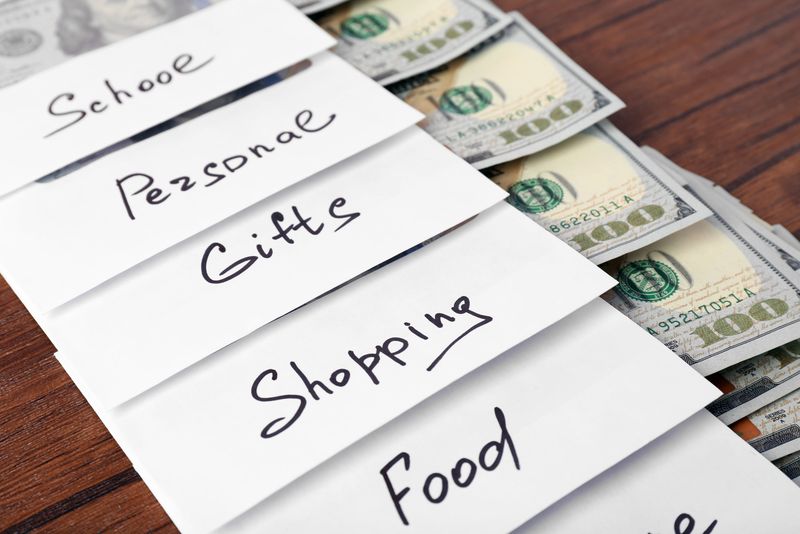
The physical sensation of handing over actual money creates a psychological barrier that digital payments don’t. Watching your wallet get thinner with each purchase makes spending feel more real and helps prevent impulse buys.
Many financial advisors recommend the envelope method – dividing cash into separate envelopes for different expenses like groceries, entertainment, and gas. Once an envelope is empty, you’re done spending in that category for the month.
Studies show people typically spend 12-18% less when using cash instead of cards. The tangible nature of bills and coins provides immediate feedback about your remaining budget that no app quite matches.
2. At Cash-Only Businesses

Small family restaurants, roadside produce stands, and neighborhood food trucks often operate on cash-only policies. These businesses avoid credit card processing fees that can eat into their already slim profit margins.
Local farmers markets buzz with vendors selling everything from fresh vegetables to homemade jams, most accepting only paper money. The immediacy of cash transactions keeps lines moving quickly during busy market mornings.
Many parking lots, especially in smaller towns or at beaches, have payment boxes that only accept coins or bills. Having cash ready prevents the frustration of finding a perfect parking spot only to realize you can’t pay for it.
3. To Avoid Credit Card Fees or Minimum Charges

Many small shops impose a minimum purchase requirement for card payments, typically $5-10. Having cash handy lets you buy just what you need without adding extra items to meet that threshold.
Foreign travelers face conversion fees and unfavorable exchange rates when swiping cards abroad. Smart tourists exchange money before their trip or withdraw local currency from ATMs to sidestep these costly charges.
Some businesses offer cash discounts, especially for services like auto repair or home renovation. Gas stations often display lower per-gallon prices for cash payments, potentially saving drivers several dollars per fill-up on larger vehicles.
4. When Tipping Service Workers
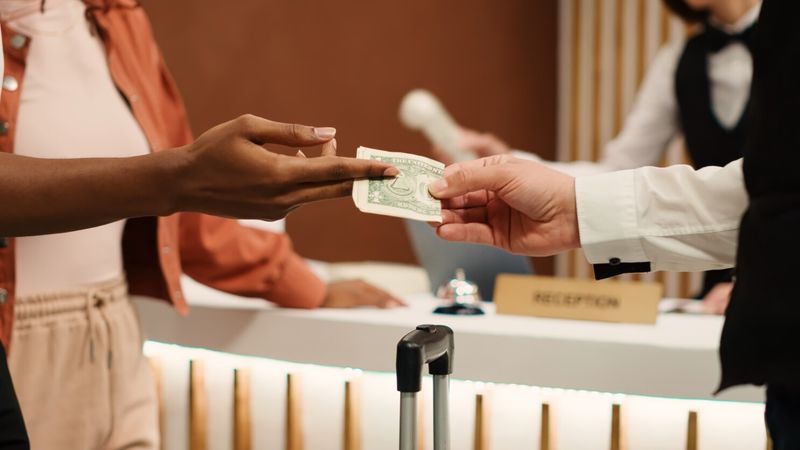
Cash tips go directly into service workers’ pockets immediately after their shift. Unlike card tips that might be delayed until payday or subject to processing fees, cash provides instant gratitude and financial help.
Hotel housekeepers, delivery drivers, and valet attendants often rely heavily on cash gratuities. Many of these hardworking individuals don’t have a way to accept digital tips, making cash the only practical option to show appreciation.
Tipping with actual money allows for more flexibility in amount and timing. You can easily add a little extra for exceptional service or tip different amounts to various staff members based on their individual contributions to your experience.
5. At Events or Festivals
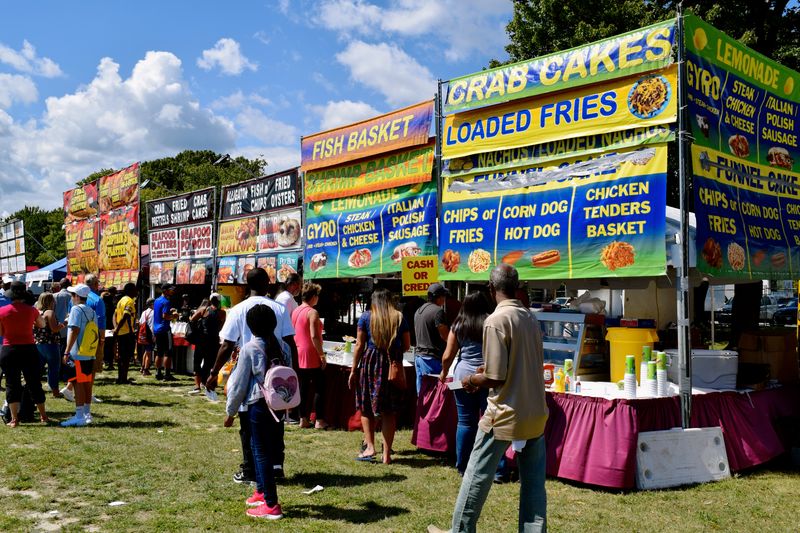
Festival grounds and concert venues often struggle with spotty internet connections when thousands of people congregate in one area. Cash registers keep moving even when payment systems go down, ensuring you don’t miss out on food or merchandise.
Street fairs feature local artisans selling handcrafted items from simple booths without sophisticated payment technology. Having cash ready means you can snag that perfect handmade gift without making a vendor scramble for a card reader.
Outdoor events can drain your phone battery quickly as you take photos and navigate maps. Keeping cash on hand means you won’t be stranded without funds when your digital wallet becomes inaccessible due to a dead device.
6. To Maintain Privacy
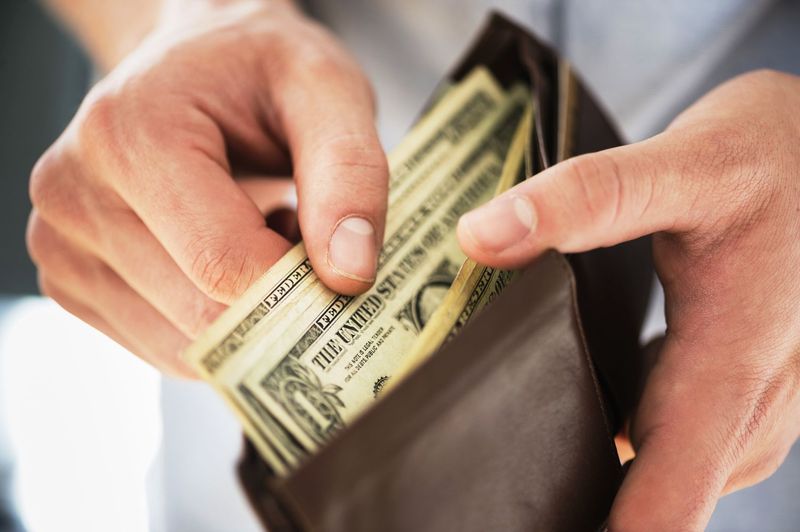
Cash transactions leave no digital footprint for advertisers to track. Ever noticed how ads for products appear after searching for them online? Cash purchases break this surveillance cycle by keeping your spending habits private.
Financial gifts between family members remain personal with cash. Slipping money into a graduation card or birthday envelope feels more thoughtful than a digital transfer and keeps the gift between you and the recipient.
Medical expenses for sensitive conditions can be paid discreetly with cash. While insurance typically creates records, some people prefer the anonymity of paying directly for certain treatments or medications without creating an electronic trail linked to their identity.
7. During Emergencies or Natural Disasters
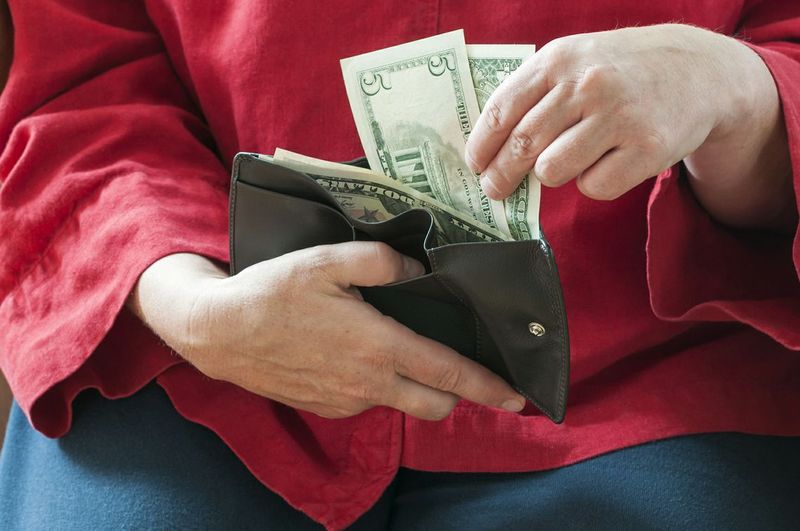
Power outages following storms or earthquakes render electronic payment systems useless. Stores that remain open during emergencies often revert to cash-only operations when registers and card readers lose connectivity.
Evacuation scenarios require quick access to essentials like gas, food, and hotel rooms. Having emergency cash stored with your disaster supplies ensures you won’t be turned away when digital infrastructure fails.
Phone networks frequently become overloaded during crisis situations, making mobile payment apps unreliable. A stash of bills in various denominations provides peace of mind that you can still purchase necessities when technology becomes unavailable during the moments you need it most.
8. To Teach Kids About Money

Physical dollars and coins help children understand the concept of value better than invisible digital transactions. Young kids grasp math concepts more easily when they can physically count, add, and subtract real money during playtime or actual purchases.
Allowances paid in cash teach responsibility as children learn to budget their funds across the week. The tangible nature of bills makes the consequences of spending more apparent than the abstract numbers of an app.
Saving becomes more rewarding when kids can watch their piggy banks fill up over time. The visual reinforcement of seeing money accumulate motivates children to delay gratification and set financial goals in ways that electronic banking statements simply cannot match.
9. To Avoid Overspending While Traveling
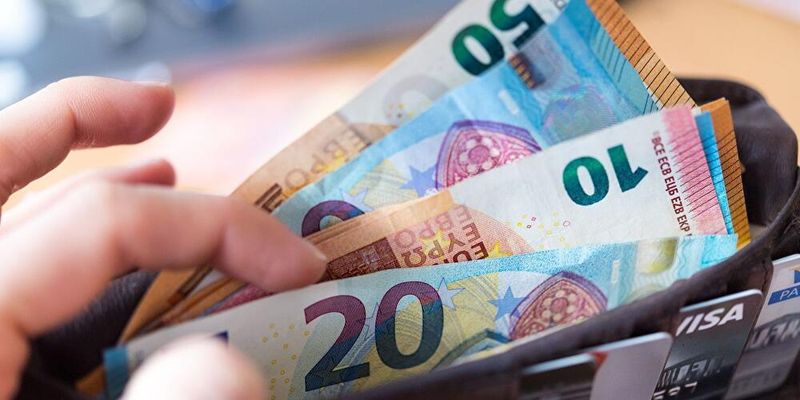
Converting foreign currency into cash creates a natural spending limit for vacations. Travelers can allocate a daily budget and physically separate funds for each day, preventing the endless swiping that leads to post-trip credit card shock.
Many international destinations still operate primarily with cash, especially in rural areas or developing countries. Local markets, taxis, and small restaurants in places like Southeast Asia or parts of Latin America may not accept cards at all.
Carrying cash while abroad eliminates foreign transaction fees that can add 3-5% to every purchase. Smart travelers keep some bills secure in their hotel safe while carrying just what they need for daily adventures, balancing convenience with financial prudence.
10. When You Want to Make a Discreet Purchase

Surprise gifts for family members become truly surprising when there’s no credit card statement to reveal your shopping secrets. Cash keeps anniversary presents and birthday surprises genuinely unexpected by eliminating the digital paper trail.
Personal items that you’d rather not have listed on shared financial statements are easier to purchase with paper money. From self-care splurges to relationship counseling sessions, cash provides a layer of privacy that many people value.
Flea markets and garage sales offer unique treasures at negotiable prices. Sellers are often more willing to accept lower offers when presented with immediate cash rather than dealing with the uncertainty of checks or the fees associated with digital payments.


Comments
Loading…